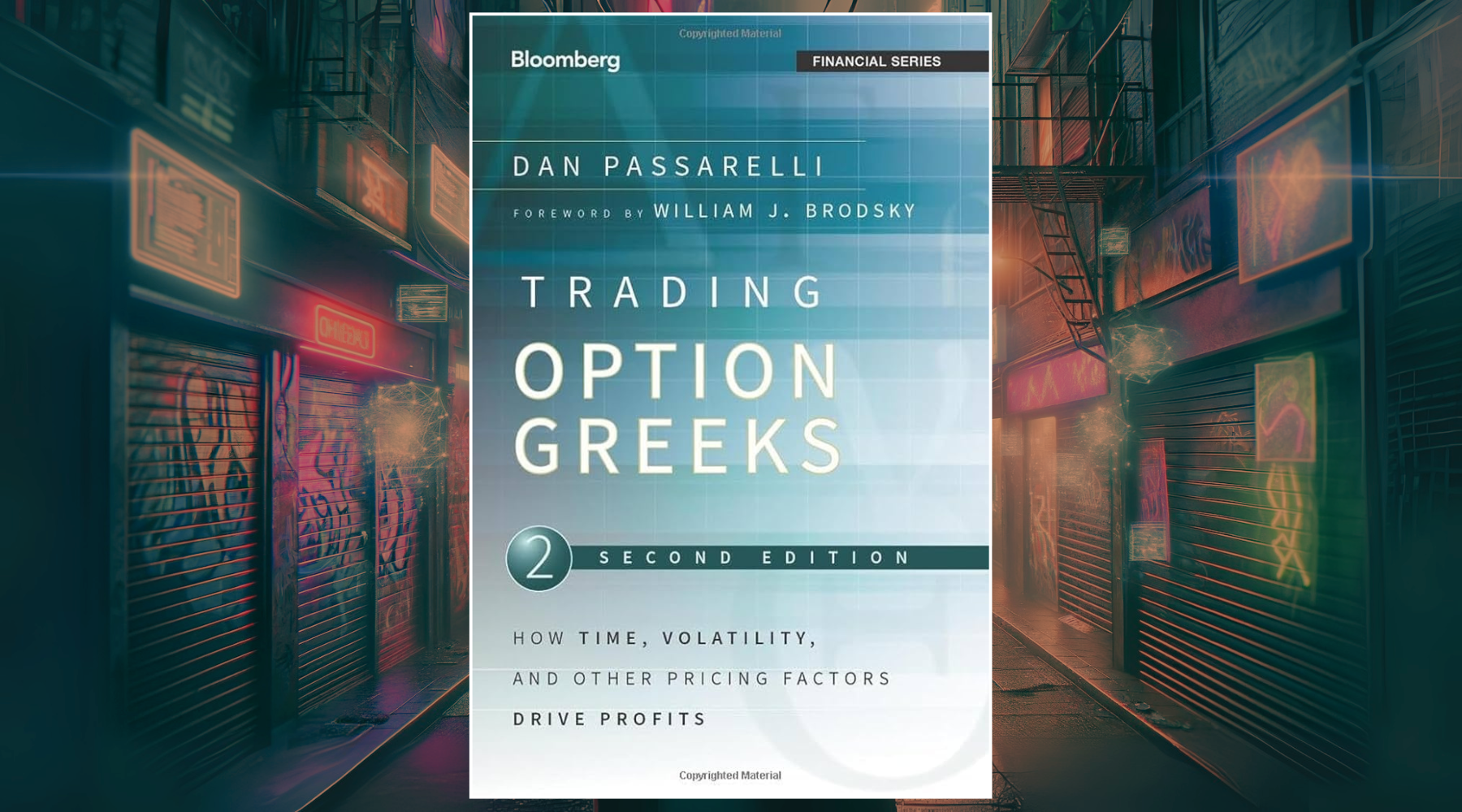Are Registered Direct Offerings Considered PIPE Transactions?

Registered direct offerings can be seen as a form of PIPE (Private Investment in Public Equity) transaction, albeit with some notable distinctions:
- In a registered direct offering, the securities are sold in accordance with an effective registration statement, with investors receiving freely tradable shares immediately. Contrarily, in a conventional PIPE transaction, the securities are initially restricted, with a resale registration statement being filed subsequently.
- The shares being freely tradable in a registered direct often translates to lesser discounting of the share price compared to a PIPE.
- Registered directs enable companies to swiftly and discreetly amass funds akin to a PIPE, yet with pricing that mirrors more closely to that of a public offering.
- Often perceived as a hybrid, registered directs sit between a PIPE and a fully underwritten public offering in essence.
To encapsulate, registered directs, while sharing certain traits with PIPEs as a private placement to chosen investors, align more with a public offering in regards to registration and pricing. Although the consensus among most circles is that registered directs fall under the umbrella of PIPE transactions.
Advantages of a Registered Direct Offering vs. Traditional PIPE
Faster Access to Capital
Shares issued in a registered direct are immediately tradable, allowing funds to be raised very quickly - sometimes within days. On the other hand, a PIPE involves a two-step process of issuing restricted shares first and then registering later, which can take months.
Limited Discount
Registered directs are priced closer to the market price with a smaller discount, often only 4-6%. Conversely, PIPEs typically have steeper 15-30% discounts due to the illiquidity of restricted shares.
Broader Investor Base
Registered directs can be marketed to both institutions and high net worth individuals. In contrast, PIPEs are limited to accredited and institutional investors.
Lower Transaction Costs
Registered directs avoid resale registration costs associated with a PIPE. PIPEs require payment of expenses for both the private placement and resale registration.
The ability to issue freely tradable shares off an existing shelf registration makes registered directs a favorable choice as they mimick the speed and discretion of a PIPE, with pricing more akin to a fully marketed public offering.







